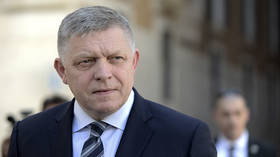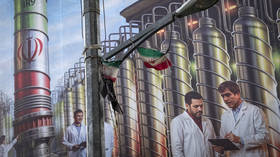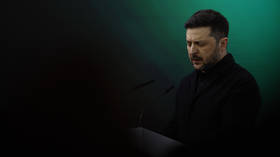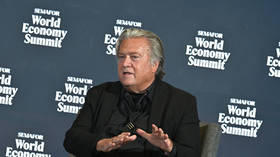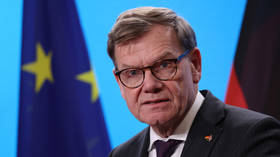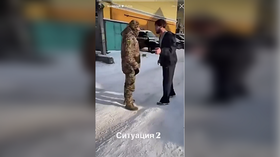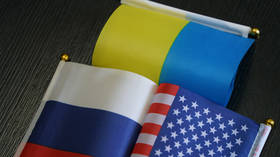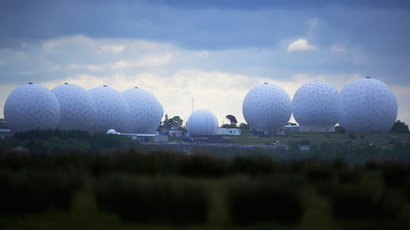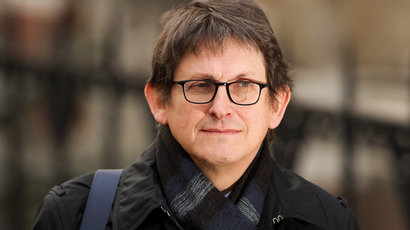Police recruit activist to spy on Cambridge students, secret video reveals
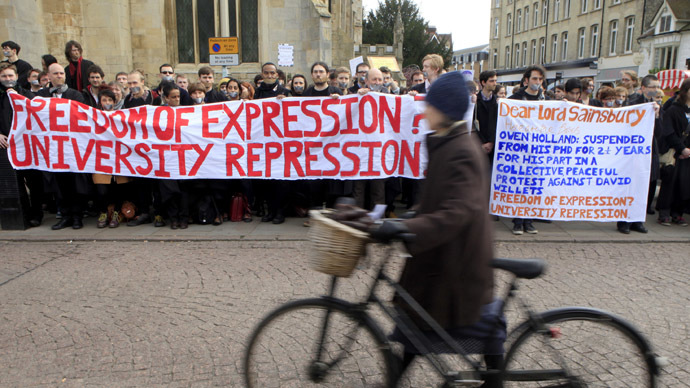
UK security forces wanted to launch a covert operation to spy on political activists among Cambridge University students, footage obtained by the Guardian reveals. Police contacted a young activist and promised him money for spying.
In the video, an officer monitoring political
campaigners seems to be persuading a young activist to become an
informant and feed him information about other protesters.
The officer also says that it is “impossible” to infiltrate
police into the university.
The activist met the man first, and then, as he didn’t want to
become an informant, he contacted the Guardian. The journalists
offered him to wear a hidden camera and record the second
conversation – which he agreed to.
The young man participated as an activist in many rallies, and
was even detained, but never charged.
The officer’s name hasn’t been revealed, and the Guardian calls
the person Peter Smith. The incident took place in October.
He wanted the young man to name students who were attending
rallies, list the vehicles they traveled in to demonstrations,
and identify leaders of protests. Plus, the officer demanded the
activist look up data on planned protests on Facebook.
The activist was initially told that there were implications for
“national security,” but when he asked what those might
be, the officer dropped the subject.
Points of special interest for the officer were UK Uncut, a
campaign against government cuts and tax avoidance; Unite Against
fascism group; environmental activists.
The activist also asked the policeman if a group Cambridge Defend
Education (protesting against education cuts and increase in
fees) would be of interest – and immediately got a positive
answer.

"That's the sort of thing that we would be looking for. Again,
basic sort of stuff. It's all the internet. When they have
meetings and they are discussing what they are going to do,
that's when we'll say: 'Will you go along?'" the policeman
told him.
The officer also offered the activist money for spying.
"You might go to a UK Uncut or Unite Against Fascism meeting
one evening, you might get, say, 30 pounds just for your time and
effort for doing that," the policeman said.
Following the disclosure of the video, the response from the UK
academic, political, as well as activist communities has been
harsh.
"This is yet another example of the questionable tactics that
undercover police officers have taken in recent years to
infiltrate campaign groups and extract information," Rachel
Wenstone, deputy president of the National Union of Students,
told the Guardian.
Julian Huppert, the Liberal Democrat MP for Cambridge, tweeted,
"I'm shocked by this – seems wholly inappropriate."
Isabella Sankey, director of policy for human rights campaigners
Liberty, said, "Proper judicial checks on police surveillance
are badly overdue - Parliament must take responsibility and
act."
However, Cambridgeshire police responded to the accusations,
saying they weren’t breaching any laws.
"Officers use covert tactics to gather intelligence, in
accordance with the law, to assist in the prevention and
detection of criminal activity," the security forces said.
The revelations follow police being criticized over the secret
surveillance since 1968. Police chiefs have been accused of
unjustifiably infiltrating and disrupting non-violent political
groups.


